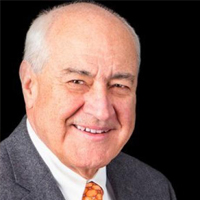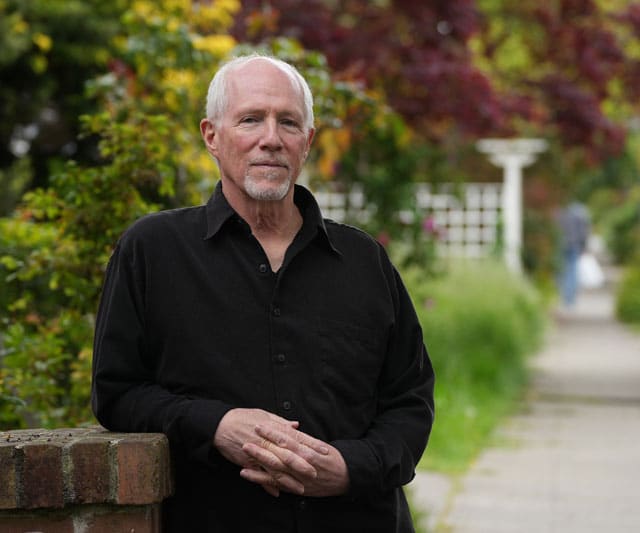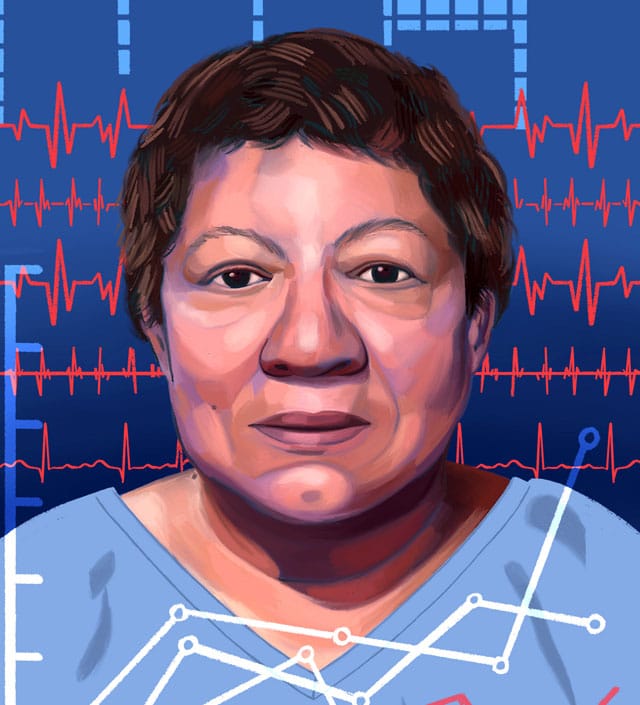
If you have a weak stomach, you may not want to read any further. But if you really want to help your clients who’ve been diagnosed with life-threatening cancers, I have some tips that could make a difference for them and their families.
According to the National Cancer Institute, approximately 39.5% of men and women will be diagnosed with cancer at some point during their lifetime. Prostate, lung and colorectal cancers are the most common cancers in men. For women, the top three are breast, lung and colorectal.
During 49 years as a financial advisor, I’ve always put a lot of emphasis on proper estate planning. I’ve taken young advisors to Motions Day at the Fairfax (Va.) Circuit Court to see the trauma that goes on when people don’t have a medical power of attorney, durable power of attorney and other estate planning documents in place. But my cancer diagnosis a couple of years ago has taught me to see things from the patient perspective and has gotten me talking more about health to clients and other people I know.
Man, I am so nosy now at 84. But no one has ever said, “Don, mind your own business.” And if they did, I’d still come after them. You have to be as blunt but also as loving as I am. You can’t give good financial advice unless you take a holistic view of their life.
Surprise finding
My cancer diagnosis was unexpected. I was taking a couple of medications — including one for blood clots — and all of a sudden, I had an episode with internal bleeding. They put me in the hospital. The doctors found cancer at a joint between my esophagus and stomach.
After 48 radiation treatments, they operated on me, in 2021, and took one-third of my esophagus and half of my stomach. They then pulled my stomach through – it’s now resting above my diaphragm — and put my esophagus back together. Following my 9 ½-hour surgery, I had 174 chemotherapy treatments. It’s been the craziest journey that you could imagine.
One of my surgeons, who I follow up with every six months, is Dr. Patrick Jackson. Sometime much after my surgery, I was reading the Washington Post and saw that his wife is Supreme Court Justice Ketanji Jackson. I had no idea!
Here are some lessons I learned from my illness that I’d like to share with you:
Don’t scare people, but tell them they have to get moving
Doctors are better able to treat cancer diagnoses early, not down the pike. I tell people, “Go after every expert you can find, with as many disciplines as necessary, and make sure you get answers to your questions.” You can’t wait; you have to get with the program. I gave a 74-year-old with a dangerously high PSA test score the name of a well-regarded urologist and clinical professor I know.
Clients should also ask their doctors about clinical trials. Many oncologists are super good about knowing about them. Before I started to do my homework, I didn’t realize the depth and breadth of studies available. While participating in a clinical trial, I said, “Do anything you need to do and I’ll release every piece of flesh in hope that it’ll help somebody.”
Help people keep up their spirits
Oftentimes, that’s what’s going to save your life. Medicine is good but your attitude is more important. Everyone has a little bit of a Doubting Thomas in them. I tell people, “You’ve got to get the mindset that you’re in a battle and have the best doctors.” Encourage them to get in there with a smile and to tell themselves that they’re going to beat this. It’s tough to talk about, and I acknowledge that, but let them know that there are plenty of others they can talk to. Hospitals have social workers and support groups that can be helpful.
Let people know too that they’re not the Lone Ranger. This is a human condition and many others are in the same boat. Remind them that doctors have successfully treated patients with similar conditions.
You can’t be inquisitive or curious enough
I may be a little over the top, but I take every opportunity to talk with people who are going through a difficult time. I give them my personal phone number and will talk to them whenever they want.
Make certain they have all their legal docs in perfect order
Cancer or not, people don’t like to think about mortality. Every client who has ever been in my presence, I tell them, “I’m not an attorney but this is the most important advice I can give: Get your house in order.” (I’ll talk more about this in a future article.) At a minimum, clients should have a healthcare power of attorney, a durable power of attorney, a revocable (living) trust and a pour-over will.
Most people hate do-not-resuscitate documents for loved ones, but they can prevent the patient from going through horrible situations that may do no good and may do them worse.
Cancer is a journey
Sharing comforting words with clients and their families is important, whether or not their diagnosis is terminal. The more you can give people the confidence to talk about what’s going on, the more they’ll appreciate it.
What I learned from cancer is that it’s important to help take people through the emotional side of it and the confidence side of it. Practicing my faith and spending time with my family has also been very important to me; without that, it would be a very lonely trip.
The more curiosity you have and demonstrate, the better advisor you are. There’s comfort in getting good advice, no matter what it going on.
Donald Mosby “Don” Rembert is the founder of Rembert Pendleton Jackson (RPJ), a fee-only RIA firm in Falls Church, Va.







